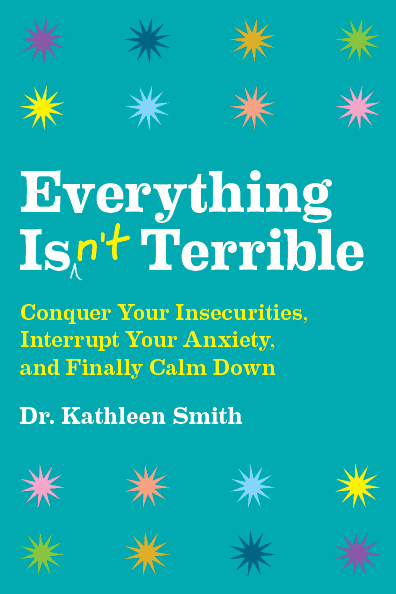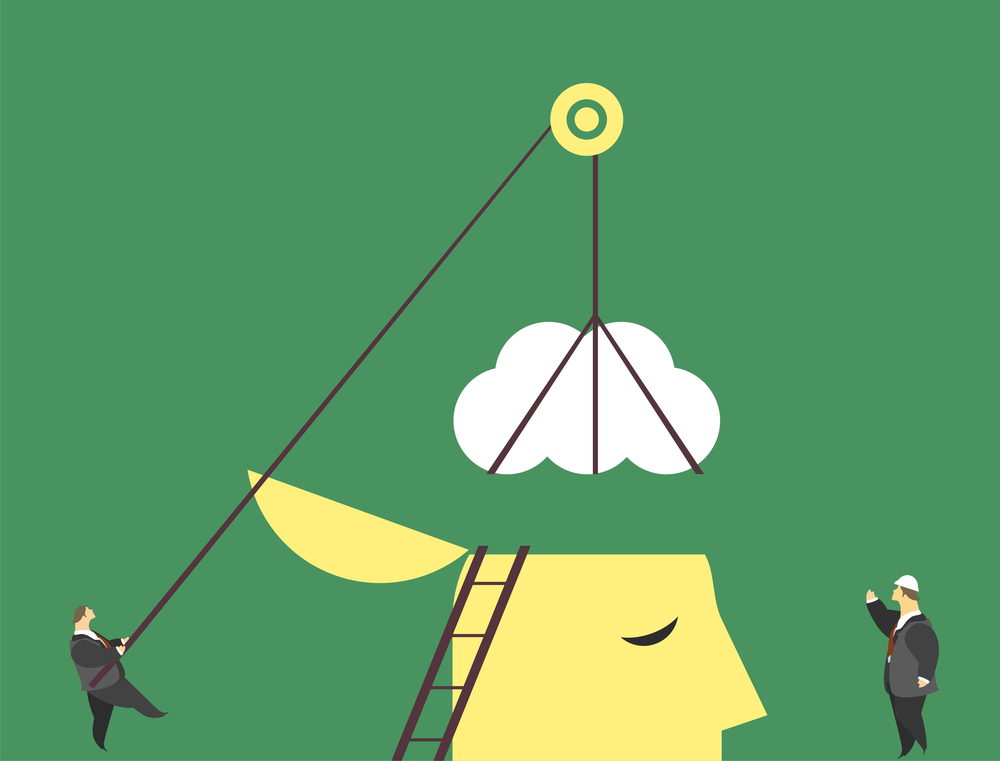2019 is on the way out, and self-help season approaches. As a therapist, I’ve always thought it cruel that we try to force radical change on ourselves the week after most of us have mega-consumed carbohydrates and material goods. Self-help books flood the bookstores, demanding that we live simpler and calmer lives, when most of us are still trying to find closet space for gifts and recover from encounters with family.
I don’t like to ask my therapy clients how they’re going to live a calmer 2020. That is a softball question. It’s easy to answer, but daunting to operationalize. Instead, I ask them, “If you weren’t paying attention, how are you going to have an incredibly anxious 2020?”
Anyone can buy the latest mindfulness book or sign up for a gym membership they won’t use. We shove our hands into the massive marketplace of wellness and hope that we grab the right cure for our distress, without first becoming curious about our default functioning.
If a person can know how they automatically function in times of stress, they can usually define what the opposite of this anxious autopilot might look like. They have a slightly better chance of switching off their factory presets and navigating the challenges of a new year–especially an election year.
How well do you know your automatic functioning? Everyone knows that Twitter lurking, overeating, and overspending are anxious behaviors. But people often miss the subtler ways we let our reptilian brains navigate our relationships or our work. So before you make those New Year’s resolutions, let me tell you 20 ways you might have an incredibly anxious 2020.
- You borrow standards of success from the world around you.
- You try to force people to agree with you politically.
- You avoid everyone who seems anxious or distressed.
- You quickly borrow solutions from loved ones or experts.
- You focus more on your kid’s responses to stress than your own.
- You rigidly define what a successful year would look like.
- You act as if your anxious imaginings are reality.
- You use all your energy to seek praise and attention.
- You assume you know what others are thinking.
- You don’t define how you want to respond to troubling news stories.
- You don’t share important information with family members.
- You try to make others act more mature.
- You vent to others without first trying to calm yourself down.
- You try to teach your family how to not embarrass or annoy you.
- You rely on others’ reactions to evaluate yourself.
- You overfunction for everyone when you feel frustrated.
- You avoid situations where rejection and disappointment are possible.
- You conform to your friends’ opinions to not upset them.
- You convince yourself that another person must change in order for you to calm down.
- You prioritize alleviating the anxiety of the moment, even if it compromises your own principles and beliefs.
All of these behaviors are excellent ways to temporarily relieve anxiety. But they do little to increase our capacity to deal with difficult family members or an anxious America. They make us more sensitive to awkward moments or uncertain news, and they distract us from our best thinking about who we’re trying to be. Like much of the wellness marketplace, they offer quick solutions that don’t require us to consider what we really think.
So what does the opposite of this list look like? People who manage to stay a little be calmer than the rest of us have a few qualities in common.
- They develop their own principles instead of borrowing them from others.
- They respond based on the facts rather than their imagination.
- They can be in the room with anxious people and try to think for themselves.
- They try to self-regulate before asking others to calm or reassure them.
- They can think and act flexibly when their first attempts fail.
- They focus on managing themselves instead of controlling others.
- They realize that anxiety is an inevitable part of real growth.
If you want to embrace self-help season and live a calmer 2020, you must be willing to not do what you normally would do to relieve the anxiety of the moment. You have to tolerate some discomfort while you access your best thinking and activate it in your most challenging relationships. You need to stay focused on calming yourself down instead of everyone else. And you have to spend some time developing your own beliefs, confidence, and calmness, instead of borrowing them from the latest self-help book, or even from me.

Follow us here and subscribe here for all the latest news on how you can keep Thriving.
Stay up to date or catch-up on all our podcasts with Arianna Huffington here.


